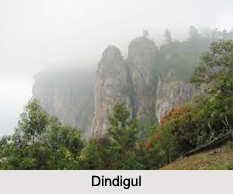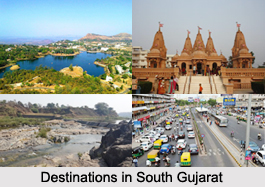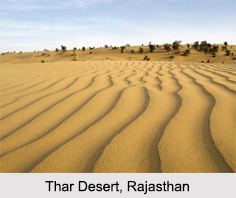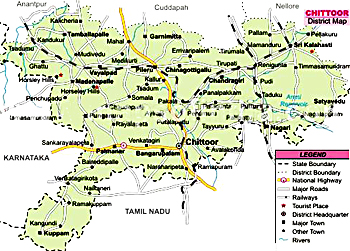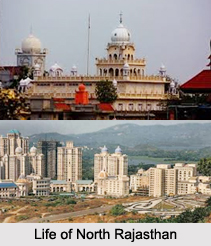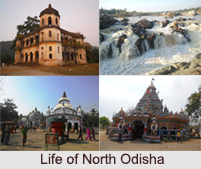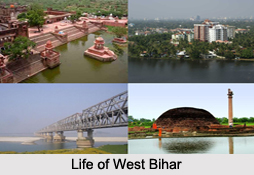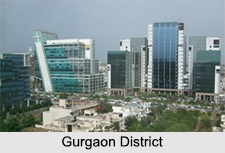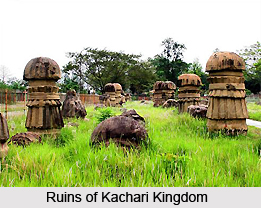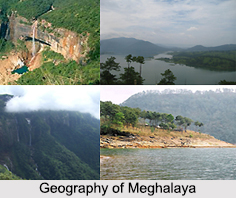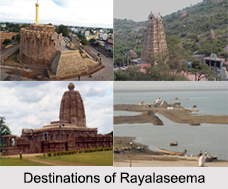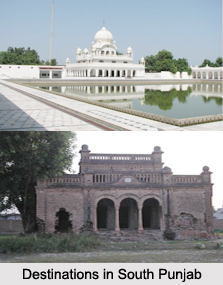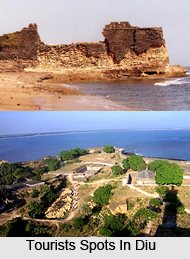 Diu, with its Portuguese feel and touch, emerges a serene place, the folk chatting their hearts out by the beach and sea breeze. Time appears to have just stalled here, with its old world charm, rendering Diu its characteristic feel, distinct from Goa- of which it was once a part. Diu is located in the union territory of Daman and Diu, withy its geographical co-ordinates as 20° 47` 0" North, 70° 42` 0" East.
Diu, with its Portuguese feel and touch, emerges a serene place, the folk chatting their hearts out by the beach and sea breeze. Time appears to have just stalled here, with its old world charm, rendering Diu its characteristic feel, distinct from Goa- of which it was once a part. Diu is located in the union territory of Daman and Diu, withy its geographical co-ordinates as 20° 47` 0" North, 70° 42` 0" East.
History - Goa, Daman and Diu were Portuguese possessions in India for approximately 450 years, before they were freed on December 19, 1961, during Operation Vijay. In 1962, they were comprised into a Union Territory until May 30, 1987, when Goa was picked as a separate state, leaving Daman and Diu as one Union territory.
According to the Gazetteer of Goa, Diu had been ruled by several kings and dynasties mentioned in the Puranas. According to mythology, the Pandavas, during their 14 years in exile, had dwelled for a few days at a place called Mani Nagar (Diu), which was under the Yadavas headed by Krishna Vasudev. The Mahabharata speaks that King Jallandhar, a `daitya` (demon) who was ultimately exterminated by Lord Vishnu, ruled Diu. Hence, Diu possesses the ancient name of Jallandhar Kshetra. Even these days, Diu has a temple by the name Jallandhar.
There is more validation that Diu was a coastal settlement in the 4th century, on the route to Gulf of Cambay (ancient Kambhat), another maritime centre. In the 16th century, when maritime trade was at its crest, Bahadur Shah, the Sultan of Gujarat, made Diu the headquarters of Gujarat Navy. He was, however, unable to retain possession of it. The Portuguese entered Diu in 1535, when Governor Nuno da Cunha built a fort in Diu and nurtured his armoury. It became a Portuguese custody 11 years later, when Governor Joao de Castro usurped it.
Diu being an island, enjoys maritime climatic conditions, with constant sea breezes affecting its temperature fluctuation. With a simple topography, the weather stays dry, though pleasing all through the year. During summers, the climate ranges between a maximum of 36° and a minimum of 20°. Nonetheless, during winters, it drops to a maximum of 26° and the minimum temperature stays approximately 20°. Diu receives an average annual rainfall of approximately 540 mms.
Arrival Information
By Air - The closest international and domestic airport is Mumbai, only 193km away. All major airlines manoeuvre daily flights to and from Mumbai.
By Rail - Vapi, the closest railhead is just 12km away. Mumbai and Ahmedabad are two substantial Railway Stations under Western Railways, near to Daman.
By Road - National Highway No. 8 links Daman by motorable road with Ahmedabad (367 Km), Mumbai (193 Km), Vadodara (300 Km).
Tourist Office - The government tourist office is located at-
Information Assistant,
Department of Tourism,
Diu- 362520.
Where to Stay
There are several options in hotels and resorts in and around Diu - from three-star to the economical category within the town and on the beaches, with most featuring their own restaurant and bar. The one place one needs to check out if one wishes to loosen up is Resort Hoka, 8 km from Diu. Surrounded by the picturesque Hoka branching palms, it is a tiny resort that satisfactorily accommodates every budget and is very close to the Nagoa Beach. Started by the young Aditya Dogra, who kick-started his corporate job to settle down here with a humble 10-room hotel, the resort`s rooms are plain, yet tastefully designed and each has a private verandah.
One can also stay in a villa-style guest room at Radhika Beach Resort at Nagoa, an admired horseshoe-shaped beach that is safe for swimming. Hotel Kohinoor owns a restaurant, coffee shop and bar. Hotel Triveni near the Sports Ground at Naida Road provides a bar and restaurant as well as a travel desk. Hotel Prince at the Main Bazaar near the Old Feast Market possesses room and laundry service.
Tourists Spots In Diu: With its pack of mystical churches, lighthouses and forts, legend seems to abound in every corner in Diu. Every person has a different story to say, about the overwhelming, lofty and colossal structures in and around the vicinity if Diu. They are a must visit for every tourer, inquisitive about the history and grandness of these builds.
Where to eat
It goes without saying that seafood, preferably on the beach, is a must in Diu. The place also offers great deal of Goan and Portuguese fare. There are various places to experiment these out. Bon Appetite restaurant, opposite St Paul`s Church offers an assortment of Goan and Portuguese cuisine, but orders need to be placed beforehand. The place is better known as Fatima D`Souza`s Restaurant. Though Nagoa Beach has numerous restaurants and eating jaunts overlooking the beach, Resort Hoka is one of the few garden restaurants here. It has a bar and offers brilliant seafood (even though the menu is limited). The best part of Hoka is its food - refreshing and home cooked. One needs to order in advance. Another option is Dubchik (an enjoyable place to have a drink when not crammed full). Jardin D`Hoka, opposite Casa Ana in Firangiwada area, is advocated for breakfast and brunch sessions. They prepare their own jam, while their seared tuna and rice, corned fritters and poached eggs on toast are appetising and a must-try. A pleasurable garden restaurant, it is also a good meeting place. The restaurant stays open from 8 a.m. to 3 p.m.
Shopping In Diu
Diu at one time was legendary for its ivory carvings, but ever since merchantry in ivory was prohibited, the art of carving appears to have died with it. Instead, items made of tortoise shell are well admired now. However, it is ardently requested to desist from buying these to protect earth`s eco-system. Diu`s nearness to the sea guarantees that it has loads of decorative manufactured out of shells. One can choose these and a few handicrafts at the local markets. But as the locals themselves signalise, there is not much to shop in Diu.







